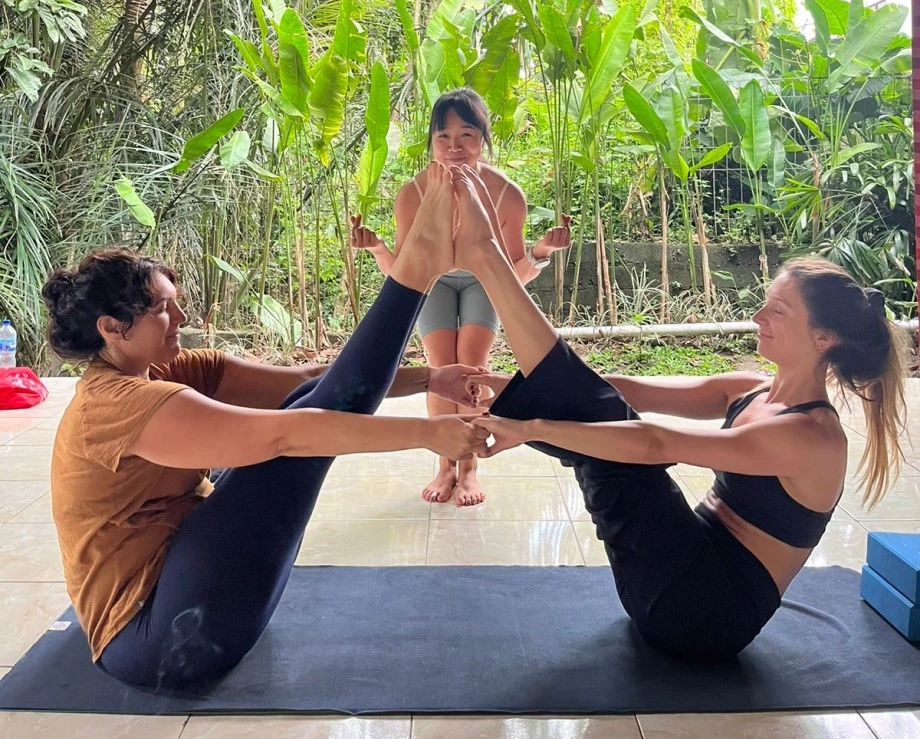200 Hour Multi-Style Yoga Teacher Training in Ubud Bali
To become a professional and certified yoga teacher, a Muli-Style 200 Hour Yoga Teacher Training in Bali is a great place to start. Bali is a sanctuary for spiritual seekers, artists, and yogis. It also hosts a community of world-class teachers, spiritual leaders, and holistic wellness practitioners.
1. Introduction: Why 200-Hour YTT in Bali?
Yoga training in Bali isn’t just about technique—it’s a life-transforming experience in a spiritual setting.
- Why Bali? Known for its rich spiritual heritage, Bali offers an ideal setting for yoga seekers.
- The Purpose of a 200-Hour YTT: This course is the foundation of becoming a certified instructor, covering the basics while immersing you in multi-style techniques.
Here’s the fascinating part: Many yoga enthusiasts feel an immediate connection to Bali’s unique blend of nature and spirituality.
Mini-Conclusion: Starting your journey in Bali isn’t just about yoga; it’s about awakening your inner teacher.
2. What is Multi-Style Yoga Training?
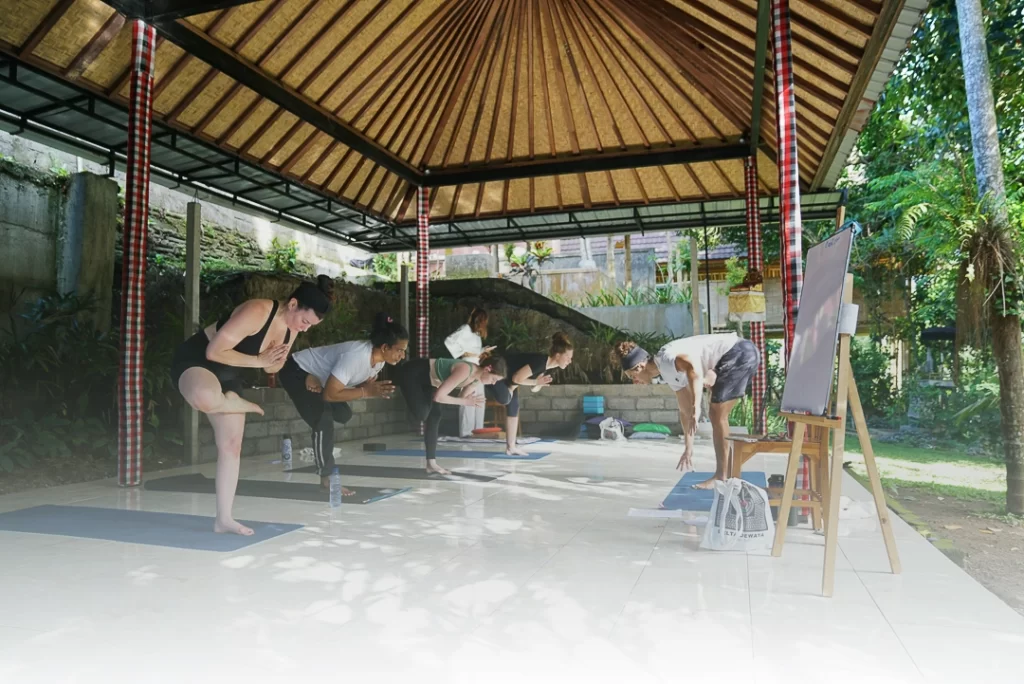
A multi-style yoga program offers exposure to several styles, making you a well-rounded instructor.
- Holistic Approach: Rather than focusing on one type, multi-style training introduces you to different techniques, from the structured sequences of Ashtanga to the calming flow of Yin.
- Why Multi-Style? This diversity enhances flexibility as a teacher and deepens your personal practice.
Mini-Conclusion: A multi-style approach broadens your teaching abilities and provides versatility for various student needs.
3. Styles You Will Master in This Training
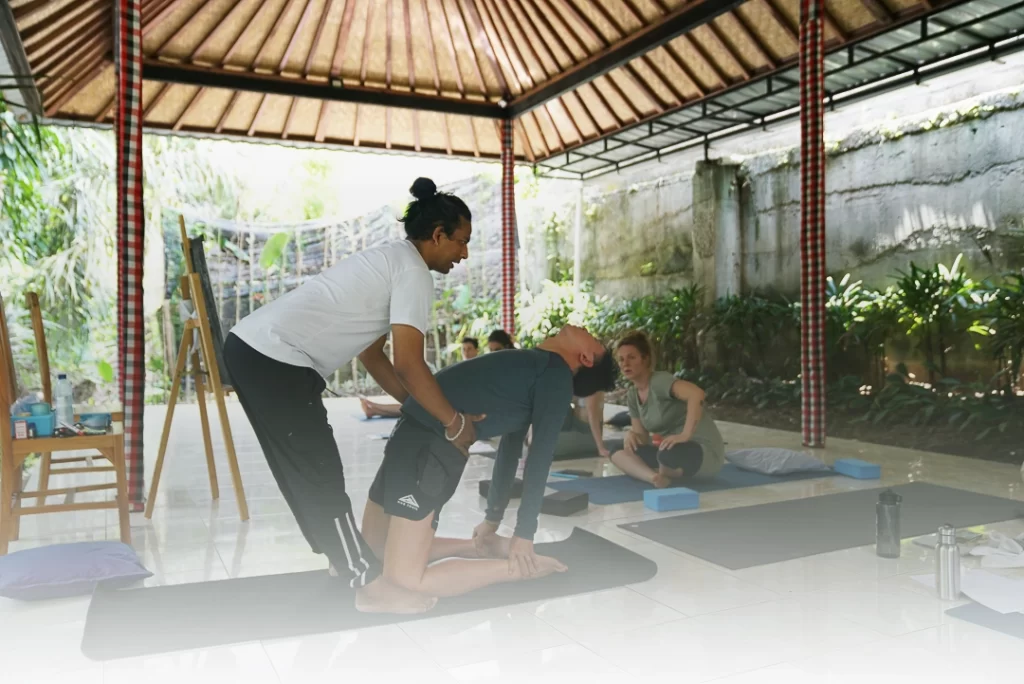
During your 200-hour training, you’ll dive into the techniques of four major styles:
Hatha Yoga
This style emphasizes physical postures (asanas) and breath control.
- Key Focus: Alignment and stability.
- Core Practice: Learn the basics of pranayama and traditional yoga postures.
Vinyasa Yoga
A flowing practice that synchronizes breath and movement.
- Dynamic Movements: Create fluid transitions between poses.
- Practical Example: Design seamless sequences that enhance body awareness.
Yin Yoga
Yin targets deep connective tissues, promoting flexibility.
- Focus on Flexibility: Perfect for enhancing range of motion.
- Ideal for Relaxation: Great for those looking to unwind and relax.
Ashtanga Yoga
A structured, powerful form ideal for strength and discipline.
- Physical Intensity: Builds core strength and endurance.
- Set Sequences: Follow sequences that improve discipline.
Mini-Conclusion: Mastering these styles provides a comprehensive foundation for teaching multiple class types, preparing you to meet a wide range of student needs.
4. Daily Routine: What to Expect
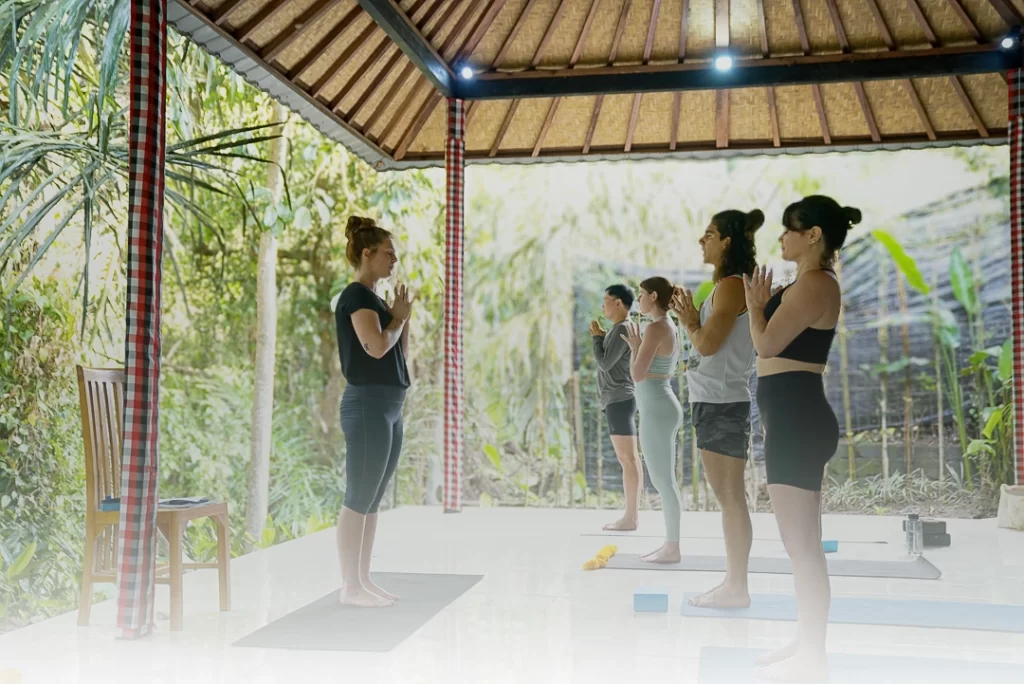
Each day of training is carefully structured to provide a balanced routine:
Morning Practice and Meditation
Start each day with sunrise meditation to center yourself.
- Goal: Build mindfulness and set a focused tone for the day.
- Includes: Guided meditation and breathwork exercises.
Afternoon Theory Classes
Explore yoga philosophy, anatomy, and alignment.
- Deep Learning: Each class adds a new layer to your understanding.
- Real-World Application: Lessons are rooted in practical teaching skills.
Evening Practicum and Reflection
In the evening, you’ll put theory into practice with hands-on teaching and self-reflection.
Did You Know? Studies show that mindful reflection after practice improves retention and teaching skills.
Mini-Conclusion: A day in the training combines physical practice with mental preparation, ensuring a holistic approach to learning.
5. In-Depth Learning in Yoga Philosophy
Yoga is more than poses; it’s rooted in a rich philosophy that guides lifestyle choices and spiritual beliefs.
Exploring the Roots
Discover the origins of yoga and its core principles.
- Historical Texts: Study key texts like the Yoga Sutras and Bhagavad Gita.
- 8 Limbs of Yoga: Learn the ethical guidelines, or yamas and niyamas, essential to a yogic lifestyle.
Quick Fact: Understanding yoga philosophy fosters a deeper connection with students and enhances your teaching.
Mini-Conclusion: Knowledge of philosophy deepens your personal practice and empowers you to teach with wisdom.
6. Anatomy and Alignment Classes
Anatomy classes ensure that you teach yoga in a safe, effective way.
- Prevent Injury: Learn the body’s mechanics, joint functions, and safe alignment.
- Alignment Techniques: Practice modifying poses for students with varying flexibility and strength.
Mini-Conclusion: Mastering anatomy safeguards your students and boosts your credibility as a knowledgeable instructor.
7. Teaching Methodology and Practicum
Learning to teach requires more than knowing poses. Practicum sessions will help you build confidence.
- Classroom Management: Gain skills in organizing and guiding a yoga class.
- Hands-on Adjustments: Learn when and how to adjust students safely.
- Sequencing Basics: Create harmonious sequences that cater to all levels.
Pro Tip: Practicing with peers is a great way to receive feedback and build your teaching style.
Mini-Conclusion: These skills ensure you’re well-prepared to lead a class with confidence and professionalism.
8. Benefits of Training in Ubud, Bali
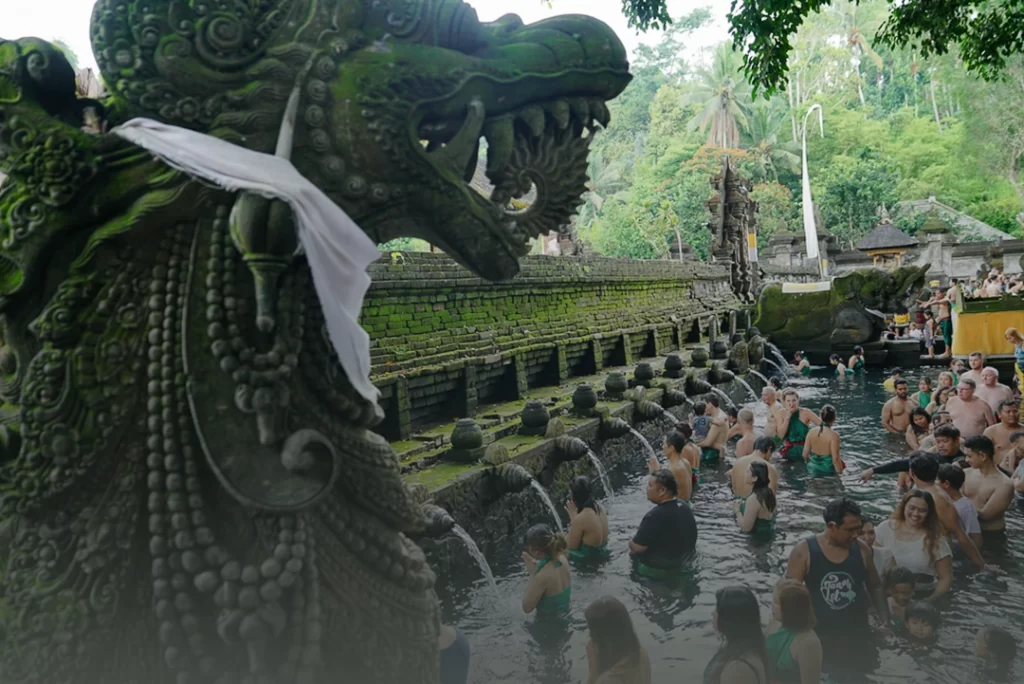
Bali’s natural environment complements your training, enhancing every aspect of your journey.
- Lush Landscapes: Practicing in serene surroundings heightens awareness and peace.
- Local Culture: Experience Bali’s spiritual practices, which inspire and enrich your training.
- Global Community: Connect with fellow yogis from around the world, forming lifelong friendships.
Statistic: Over 60% of yogis say that Bali’s setting makes the training more immersive.
Mini-Conclusion: Training in Bali is not just an education; it’s a spiritual adventure in a breathtaking location.
9. How to Choose the Best Yoga School in Bali
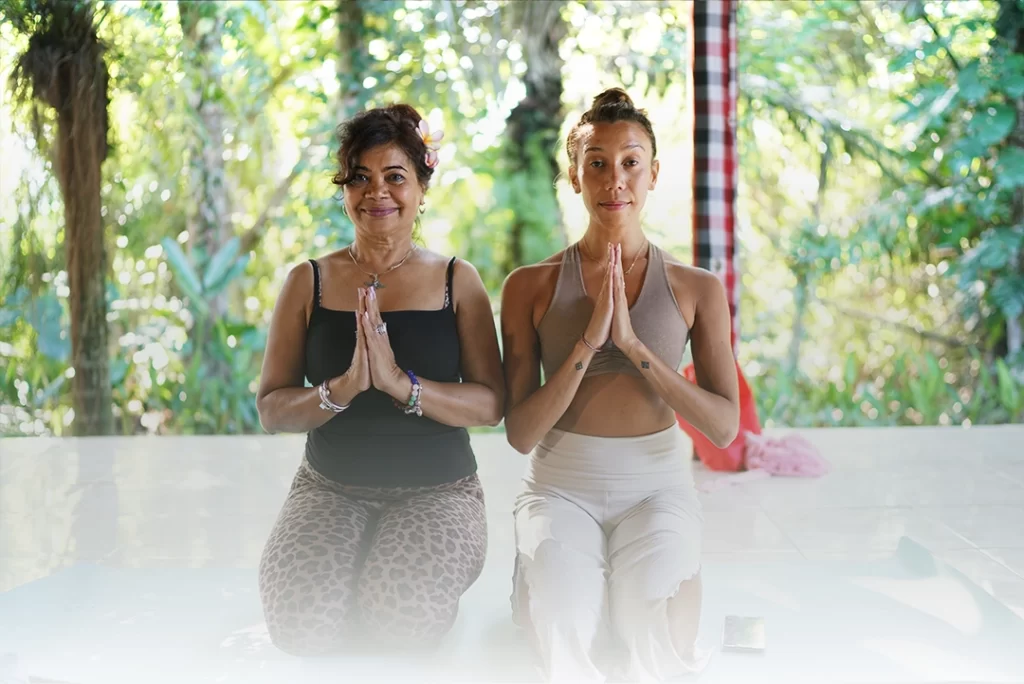
Not all schools are created equal; here’s what to look for:
Qualifications and Accreditations
- Look for Yoga Alliance certifications to ensure high-quality instruction.
Curriculum Scope
- Confirm that the curriculum covers multi-style training, philosophy, anatomy, and teaching techniques.
Checklist: Check instructor experience, student reviews, and alignment with your yoga goals.
Mini-Conclusion: Selecting the right school maximizes your investment and ensures a comprehensive learning experience.
10. Preparing for a Career in Yoga After Certification
A 200-hour certification opens up numerous teaching opportunities:
- Diverse Settings: Teach in studios, retreats, or corporate environments.
- Specialty Classes: Create tailored classes, from beginner to advanced, leveraging your multi-style training.
- Continuous Learning: Consider advanced certifications or specialized workshops to expand your expertise.
Career Insight: Many yoga teachers begin with part-time classes and gradually build a full-time teaching career.
Mini-Conclusion: Your certification is the first step toward a flexible and fulfilling career in the global yoga community.
11. Tips for a Successful Yoga Teacher Training
Maximize your training experience with these practical tips:
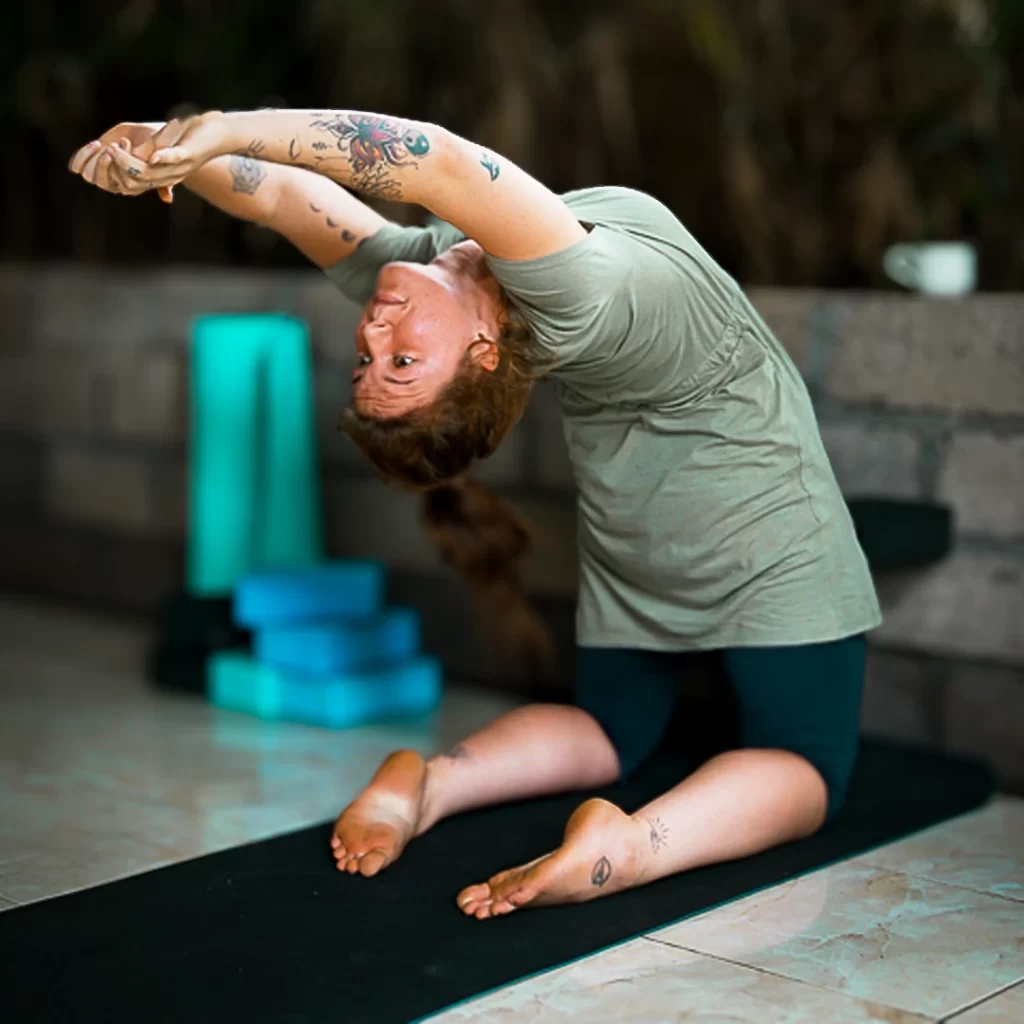
- Stay Open-Minded: Embrace the diverse styles and philosophies.
- Self-Care: Yoga training is intense—prioritize rest and nutrition.
- Set Intentions: Begin with clear personal goals for deeper engagement.
Mini-Conclusion: Your mindset, self-care, and intentions shape your experience and determine your success in training.
12. Conclusion: Take the Leap
A 200-hour multi-style yoga teacher training in Ubud, Bali, is an investment in your growth as both a yogi and a teacher.
Call to Action: Ready to transform your practice? Connect with Bali Yoga Center today to start your journey!
Engagement Question: Which style of yoga excites you the most, and why?
How to Choose the Right Yoga School in Bali?
Look for the qualifications of the instructors, the style of yoga, and the overall curriculum. Make sure a yoga school is accredited by the Yoga Alliance.
That’s where steps in. We offer the best 21 Days of Muli-Style 200 Hour Yoga Teacher Training in Bali. It is for Beginner/Intermediate level. Contact us today at +917428412108.

